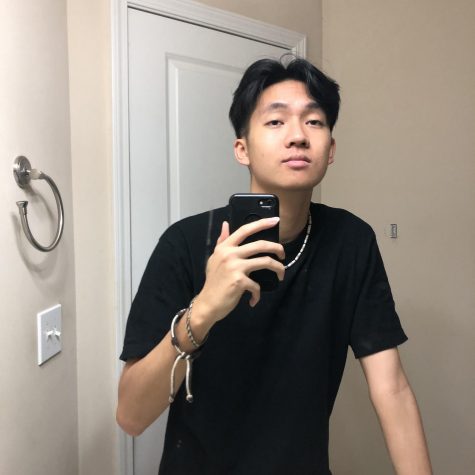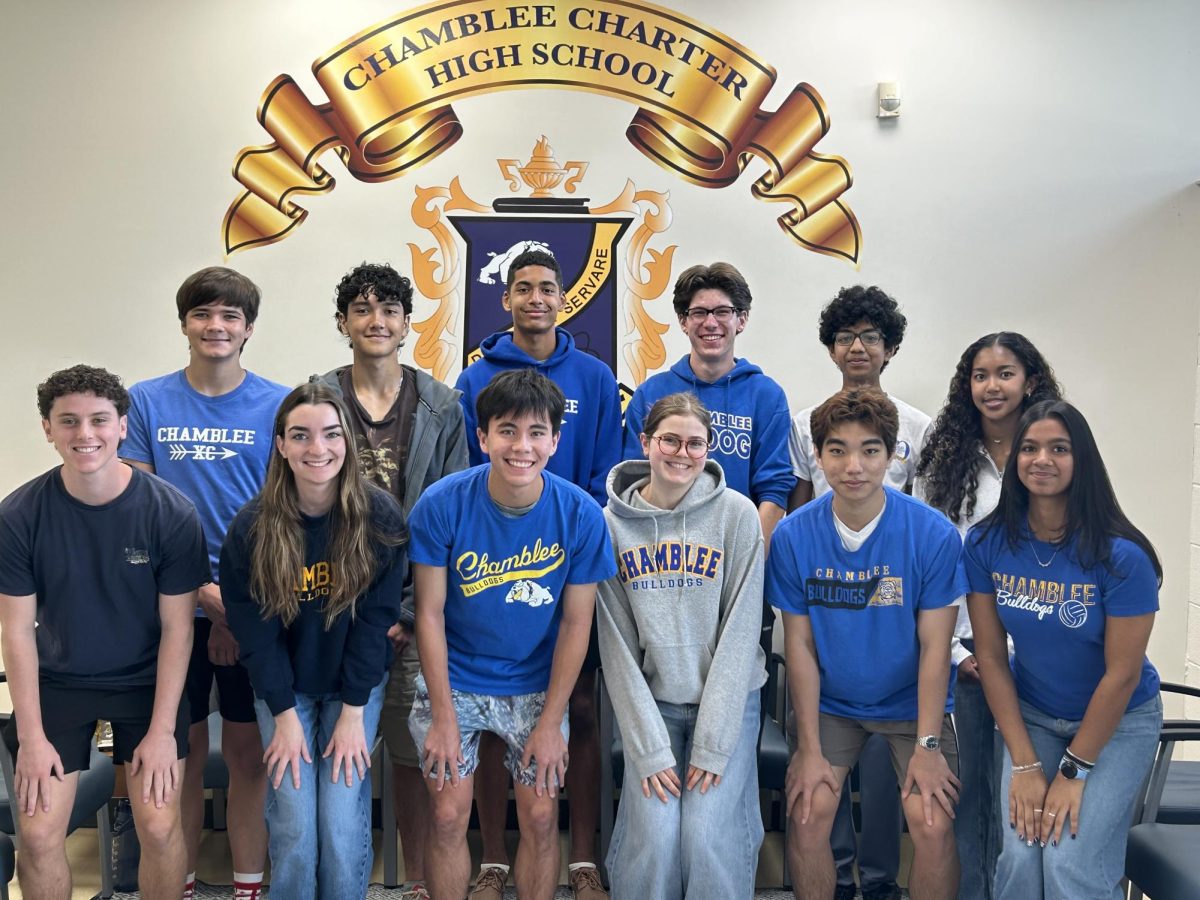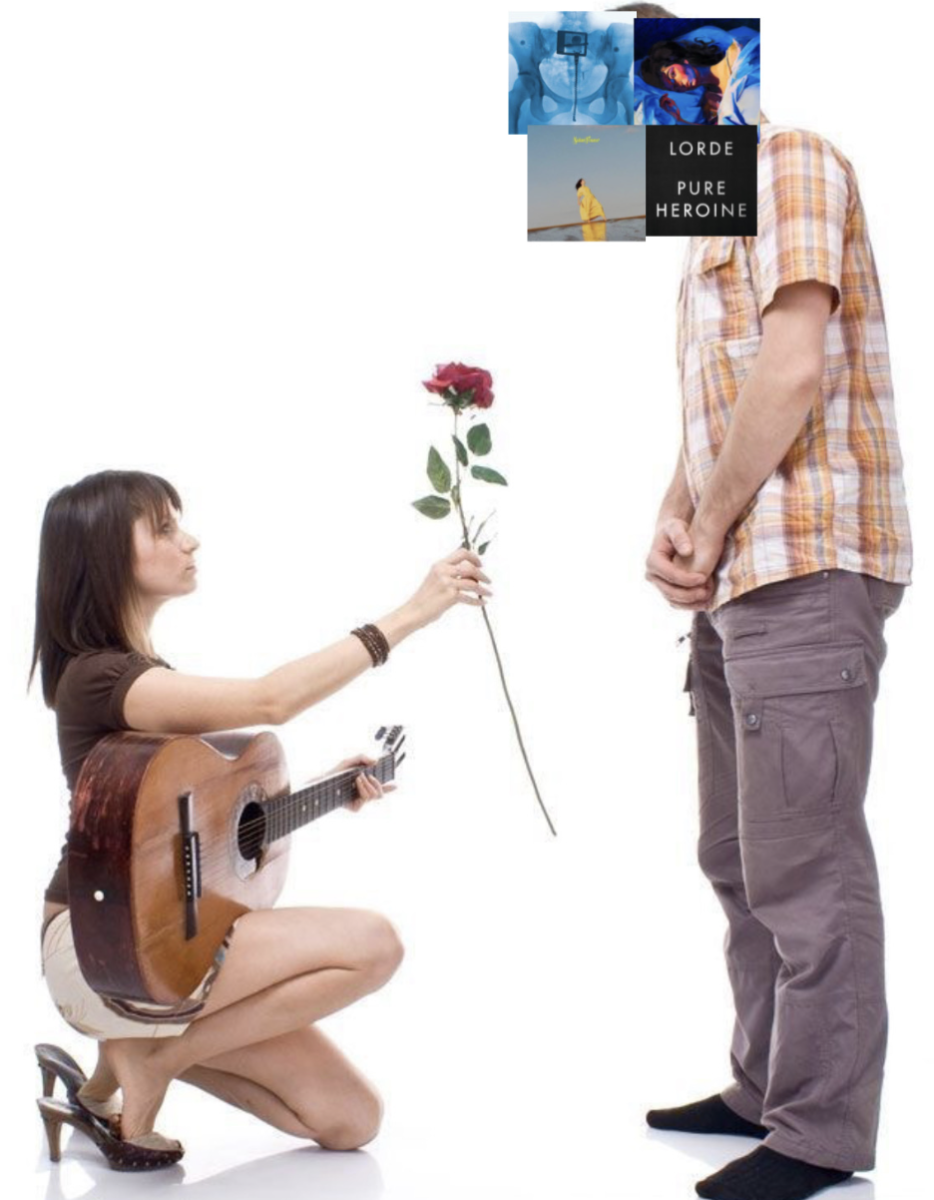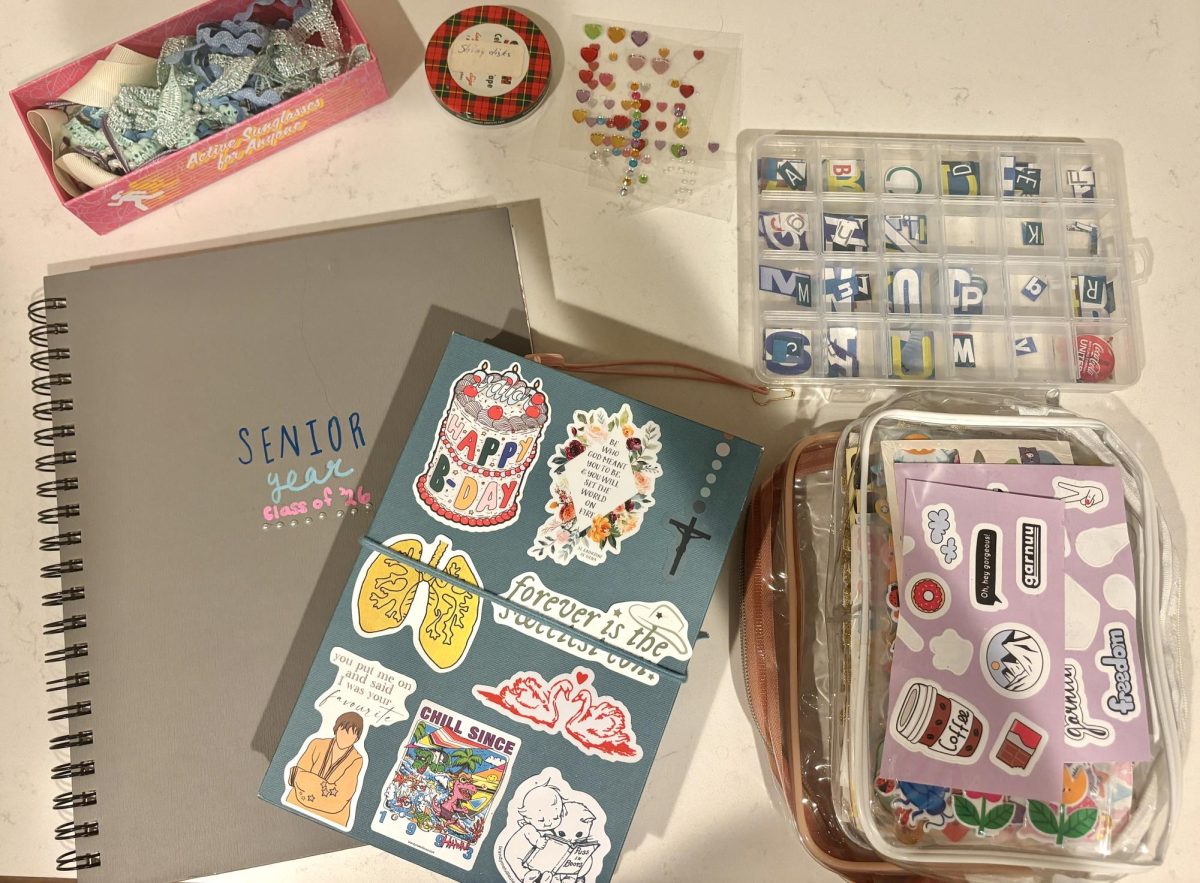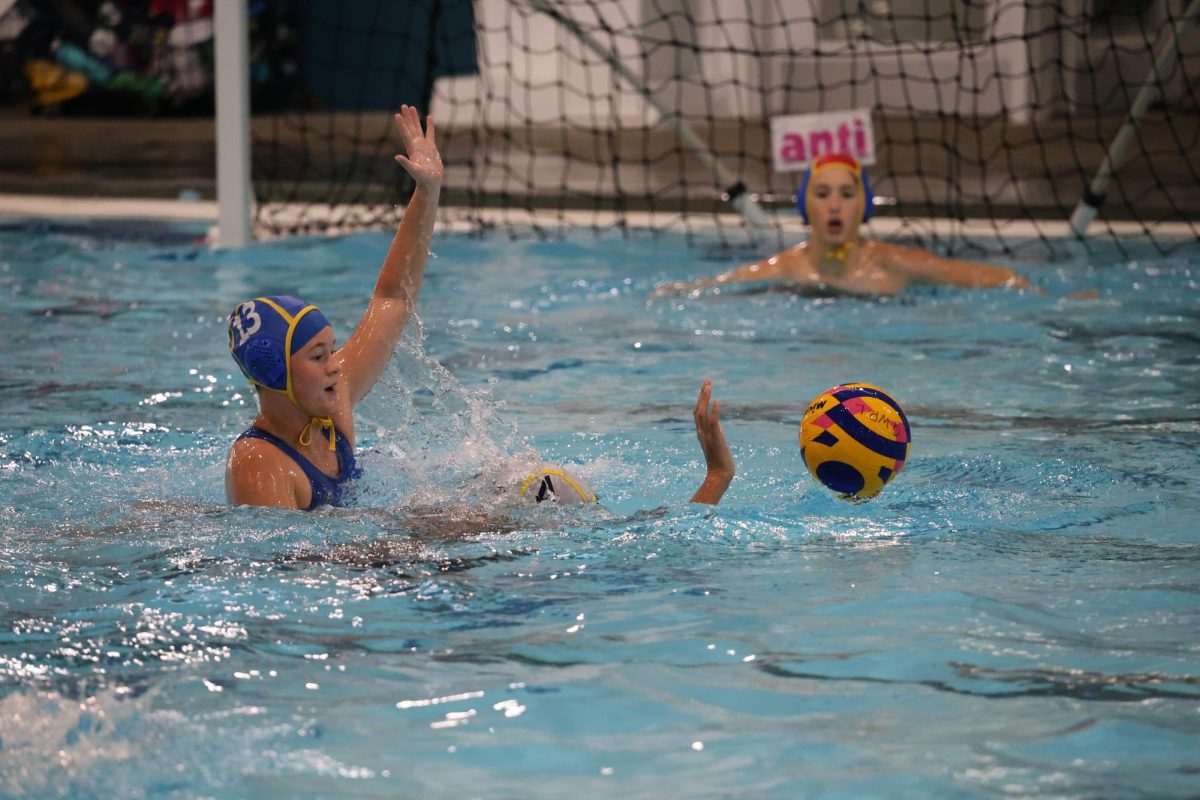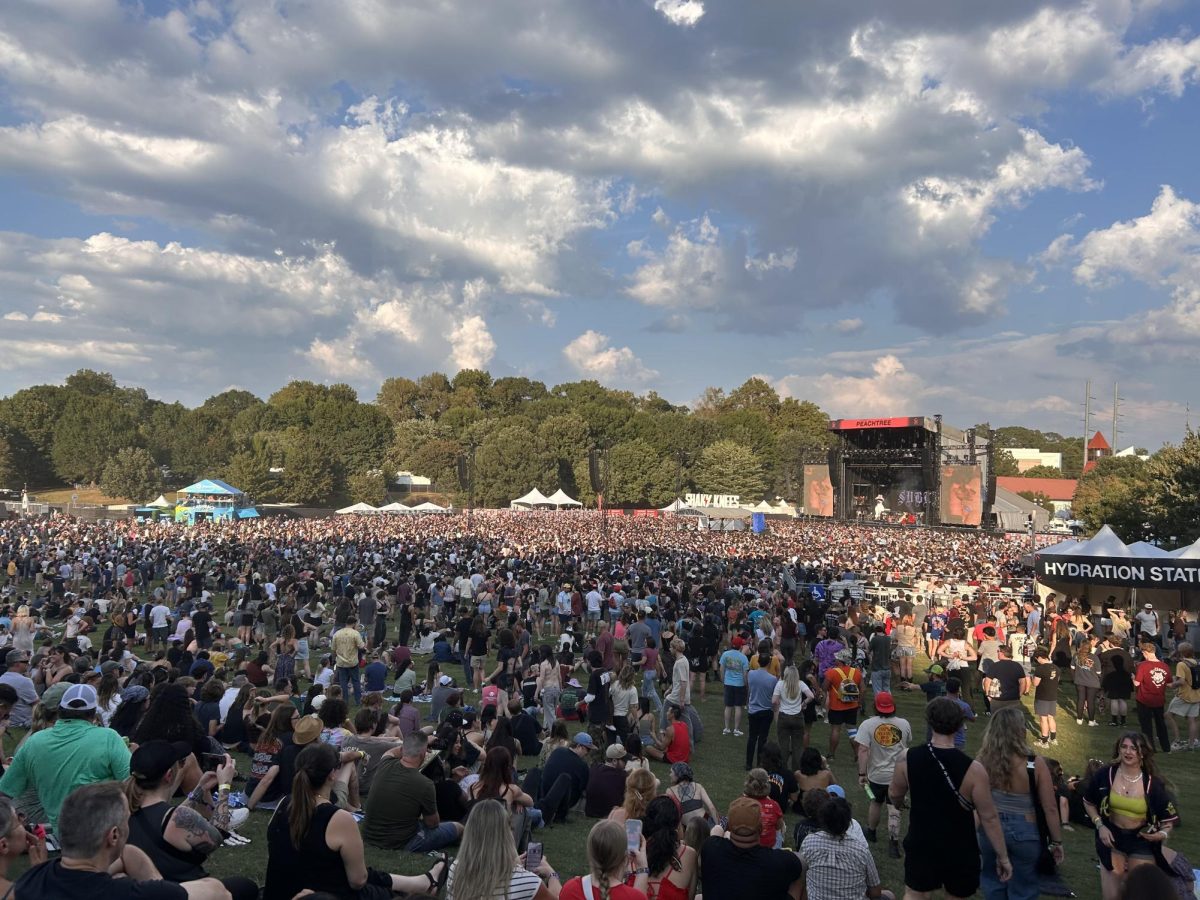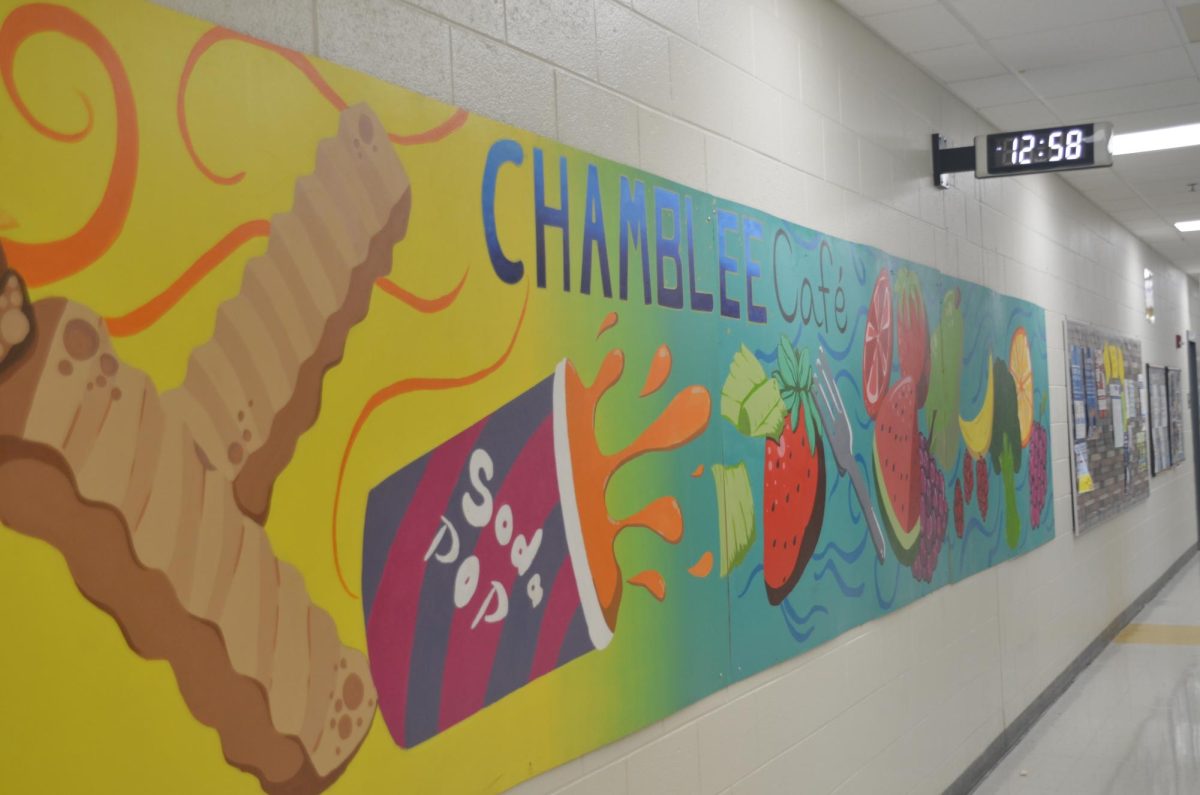Disney’s Moana Is a Future Classic
October 29, 2019
Disney’s Moana, released in 2016, introduced the world to the loveable and memorable characters of Moana and Maui and breathed a breath of fresh air into the tired genre of Disney princess movies. While it does loosely follow the generic Disney princess formula, make no mistake, this coming-of-age film is special and unique in its themes, culture, visuals, and depiction of character roles.
Pulling aspects from Polynesian folklore and culture, the film follows the story of Moana, who is the daughter of the village chief on the fictional island of Motunui. She is next-in-line to inherit chiefdom of the village from her father, but the island suffers from a harvesting drought due to the “heart” of the island being lost many years ago. To restore the island back to normal, Moana enlists the help of a demigod named Maui and goes on a quest to retrieve the “heart”, while finding her identity along the way.
Sounds pretty basic, right? Well, the quality of the film lies in its delivery. Moana masterfully blends humor, seriousness, and adventure without having an identity crisis over its genre and tone. The comedic timing and transitions into serious moments feel natural, unforced.
The film really has no boring or dull moments and while the plot can be seen as predictable, the execution is what makes it such a special movie.
The visuals are stunning and immersive. For a movie that mostly took place near water, the water animations were amazingly fluid and the art of each scene was stunningly detailed.
And don’t let me get started on the music. Composed by Lin-Manuel Miranda, the soundtrack blended traditional Polynesian sounds with contemporary influences. Now, I’m not one to normally listen to Disney songs, but that soundtrack was full of bangers. From fast-paced and upbeat songs such as “You’re Welcome” to pop tunes like “How Far I’ll Go”, the movie is full of memorable hits. A lot of people say that the soundtrack is what makes a Disney movie, and, for Moana, I have to say I agree to an extent.
Also, representation matters. There aren’t a lot of works out there that can boast a majority cast of Polynesian actors, but Moana does just that. Most of the actors, as well as the screenwriter, are of Polynesian descent (Hawaiian, Samoan, Maori, etc.) and the film’s plot, music, and worldbuilding is based on Polynesian culture and folklore.
The movie also explores some important themes, most notably defiance toward conventional gender roles, empowerment of women, and paving one’s own personal path. While many Disney films have already covered these themes (Mulan, Brave, Pocahontas), what differentiates Moana from the rest of them is the near absence of gender-based oppression and obstacles.
In Mulan, because women aren’t allowed to serve in the military, Mulan must disguise herself as a man to serve in place of her father. In Brave, Merida challenges traditional gender roles and refuses to be married off against her will. On the other hand, Moana’s headstrong determination, strength, and leadership are cultivated through a lack of gender roles in the village that she grows up in, as opposed to being oppressed and cultivated in opposition to growing up in a patriarchal society. There is never any sign of resistance to Moana being next in line for leadership and the village embraces her as their chief. In my opinion, Moana’s normalization of an egalitarian society speaks even more volumes toward the effectiveness and importance of an equal society than Mulan or Brave.
In fact, gender is almost a complete non-issue until she meets Maui, who misjudges and underestimates her for being a “princess.” However, while Moana does later gain respect from Maui, she does so by saving his life for the sake of saving his life as well as her village, not to earn his validation. The flipping of the “damsel in distress” trope further contributes to this theme, as it shows Moana is not dependent on a man to save her.
Additionally, unlike most of the other Disney princess movies, there exists no romantic subplot or relationship between Moana and another character in the film. The relationship between the Maui and Moana is formed by Moana for unselfish reasons (restoring her village), as opposed to her own personal wants and desires, and Maui is more of a companion to Moana than a romantic partner or mentor.
So not only is Moana a wholesome family film that can be enjoyed by all ages for its great artwork, soundtrack, unforgettable characters, and overall production, but its progressive themes also make it arguably one of the most important and relevant Disney movies out there. This film has all of the makings of a future Disney classic.

